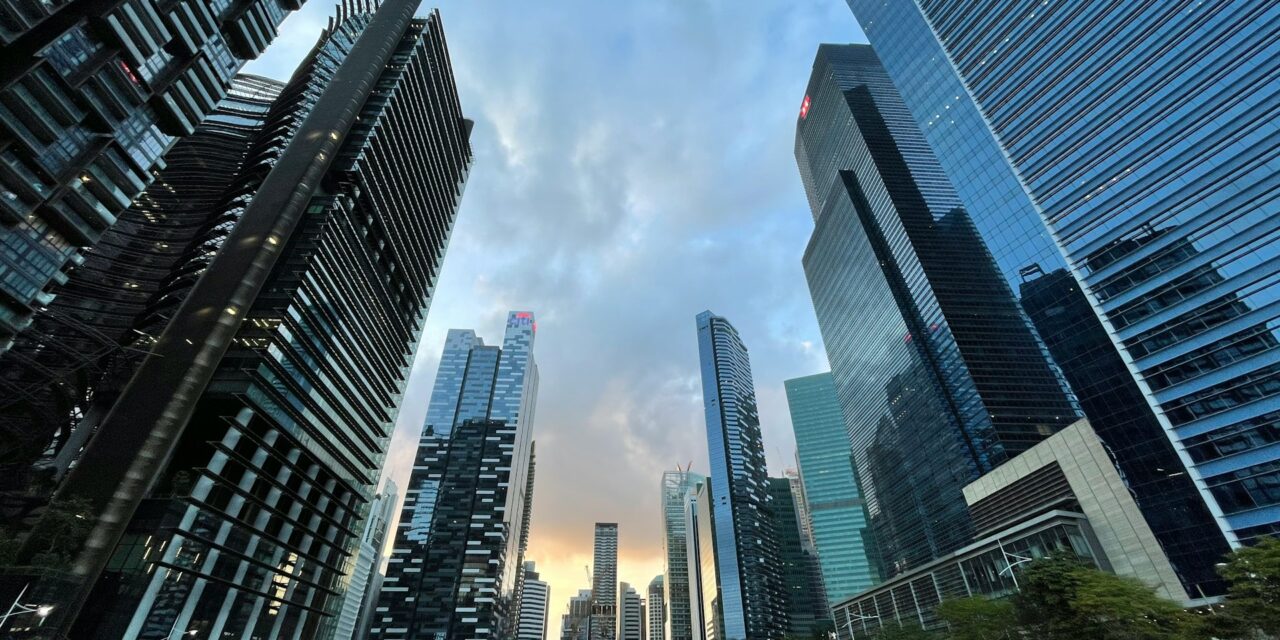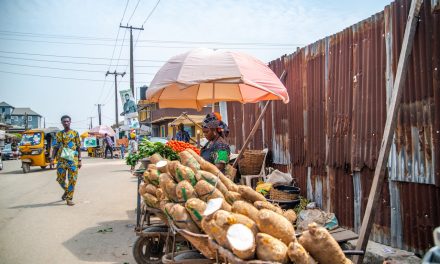Singapore’s private sector continued to expand in April, albeit at a slower pace, as employment levels fell and price pressures remained high.
“Singapore’s private sector expansion was sustained at the start of the second quarter of 2024 and at a rate comparable to the long-run average,” said S&P Global Market Intelligence Economics Associate Director Jingyi Pan in a note on Monday.
The headline seasonally adjusted S&P Global Singapore Purchasing Manager’s Index, which is a composite single-figure indicator of the private sector’s performance – came in at 52.6 in April, down from 55.7 in March.
Anything below 50.0 signals that the sector contracted during that month, while anything above indicates expansion.
Employment levels fall and inflation remains
Purchasing activity and inventory levels both increased following solid new business and output growth.
New orders and output growth slowed to the softest pace in nine months, explaining the lower headline figure for the month. However, both indicators remained above their respective long-run averages.
New orders rose at a faster rate than output, accumulating further backlogs. Despite this, employment levels fell for the first time since last July.
“While employment levels fell, anecdotal evidence revealed that this was mainly attributed to job-leavers, with higher Future Output Index suggesting that firms expect activity to further rise and could resume hiring activity soon,” Pan said.
Turning to inflation, Pan said: “The rate of input price inflation remains well elevated above the pre-pandemic average to signal sustained cost pressures.”
These cost pressures are being passed on to clients with average output prices rising at a quicker rate than the month prior.
“It was encouraging to see margin conditions improving for Singaporean private sector firms with the rate of output price inflation now almost catching up with that of input prices,” Pan said.
As output price inflation approaches input price inflation, firms can better manage their cost pressures and maintain profitability.
April was the 14th consecutive month that business conditions improved in the Singaporean private sector.
Firms in the Transport, Information & Communication sector saw the fastest rise in activity in April.
Supplier delivery times let down an otherwise strong report.
According to the seasonally adjusted Suppliers’ Delivery Times index, vendor performance worsened for a ninth successive month in April, S&P Global noted.
Outlook
Looking ahead, the sector is expected to continue its streak of expansion.
Business sentiment among the surveyed firms improved to the highest level since last November.
Around 39% of respondents said they expect better market conditions going ahead. This was compared to 19% who said that they expect output to fall in the year ahead.
“Forward-looking indicators such as the new orders and backlogs of work index also hinted at further improvements in business activity in the coming months, albeit at slower rates,” Pan said.
The S&P Global Singapore PMI is compiled by S&P Global from responses to questionnaires sent to purchasing managers in a panel of around 400 private sector companies. The panel is stratified by detailed sector and company workforce size, based on contributions to GDP. The sectors covered by the survey include manufacturing, construction, wholesale, retail and services.
Survey responses are collected in the second half of each month.






